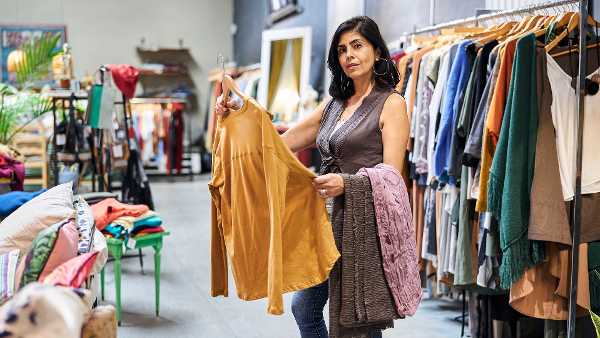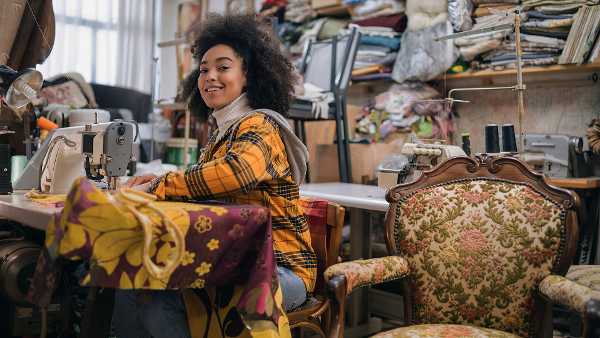Rules for single-use plastic cups and containers
- The basis
- 1 May 2022
- Edited 16 June 2025
- 2 min
- Managing and growing
- Sustainability
Do you sell take-out meals or coffee to go? Then from 2026, you no longer have to ask customers to pay for any single-use plastic cups or containers you give them. You do need to offer a reusable alternative. You are not allowed to use single-use plastics for customers who eat or drink on your premises.
Since July 2023, you have not been allowed to give customers free single-use plastic cups or containers, but that rule is changing in 2026. An evaluation by the Ministry of Infrastructure and Water Management shows that the measures to reduce disposable plastic are working. Some rules are being adjusted because they are difficult for entrepreneurs to implement.
Who do the rules apply to?
The apply to hospitality businesses, company restaurants, events booths and stalls holders, and coffee corner sales outlets. Offering waiting customers a cup of coffee in a plastic cup is also not allowed.
Take-out and delivery
So from 2026, you do not have to charge for disposable plastic cups and containers, but you must offer customers a reusable option. That applies to coffee to go, but also take-out or delivery meals Customers are also allowed to bring their own cup or container when they pick up food or drinks. As a business owner, you decide whether to reward that with a discount.
Eating on the premises
Since January 2024, you have not been allowed to use plastic single-use cups or containers to serve customers who want to consume your drinks or food on the premises. This includes company restaurants, the office, snackbars, and festivals. Does your company still need disposable plastic cups or meal containers for a special reason? Then you may continue to use them. However, you must collect 75 to 90% of all packaging materials yourself, for high-grade recycling.
"That is quite a challenge, especially for small businesses", says Emmy van Daele, campaign coordinator at Mission (in Dutch), an initiative to promote reusable alternatives to disposable plastics. "Setting up a system for waste separation takes a lot of work, and there are only a few types of packaging available that are fit for high-grade recycling."
Please note that rules in your municipality may be stricter. For example, your municipality may require reusable cups at an event. You can read about this in your municipality's General Municipal By-Law.
Alternatives to single-use plastics
Are you ready to stop using plastic disposables? There is a number of available alternatives:
- Offer reusable packaging
- Encourage your customers to bring their own packaging
- You use plastic-free disposable packaging, e.g. cups made of natural materials such as wood or paper with no added plastic.
You can replace plastics used for eating at the premises by ceramics, for example. "And use a carton of milk, or sugar lumps, instead of portion-sized packs of sugar, milk, or sweeteners", Van Daele adds.
And note: whichever option you go for, your customers are always entitled to a reusable alternative, such as a cup or food container they have brought themselves. Read more about the alternatives to plastic disposables, and find out which option suits your company best.
Checks on how companies comply with the rules
The Human Environment and Transport Inspectorate (ILT) checks whether companies, organisations, and supermarkets comply with the rules. If you do not, you could receive a warning or fine from ILT. Since 1 January 2024, enforcement of the rules on disposable plastic has been adjusted. ILT does not check for surcharges on cups and trays but continues to check that you are offering reusable packaging and that customers may bring their own containers.
Plastic bags ban
Previous plastic waste-reducing measures have proven successful. Think of the ban on plastic carrier bags, that has been in place since 2016. The number of plastic bags found in street litter has reduced by 70% since then. (in Dutch) conducted by the Ministry of Infrastructure and Water Management shows that entrepreneurs and customers have become more aware of the drawbacks of using plastic. Customers have accepted the fact that they have to pay extra for plastic carrier bags, and they do not blame business owners.


